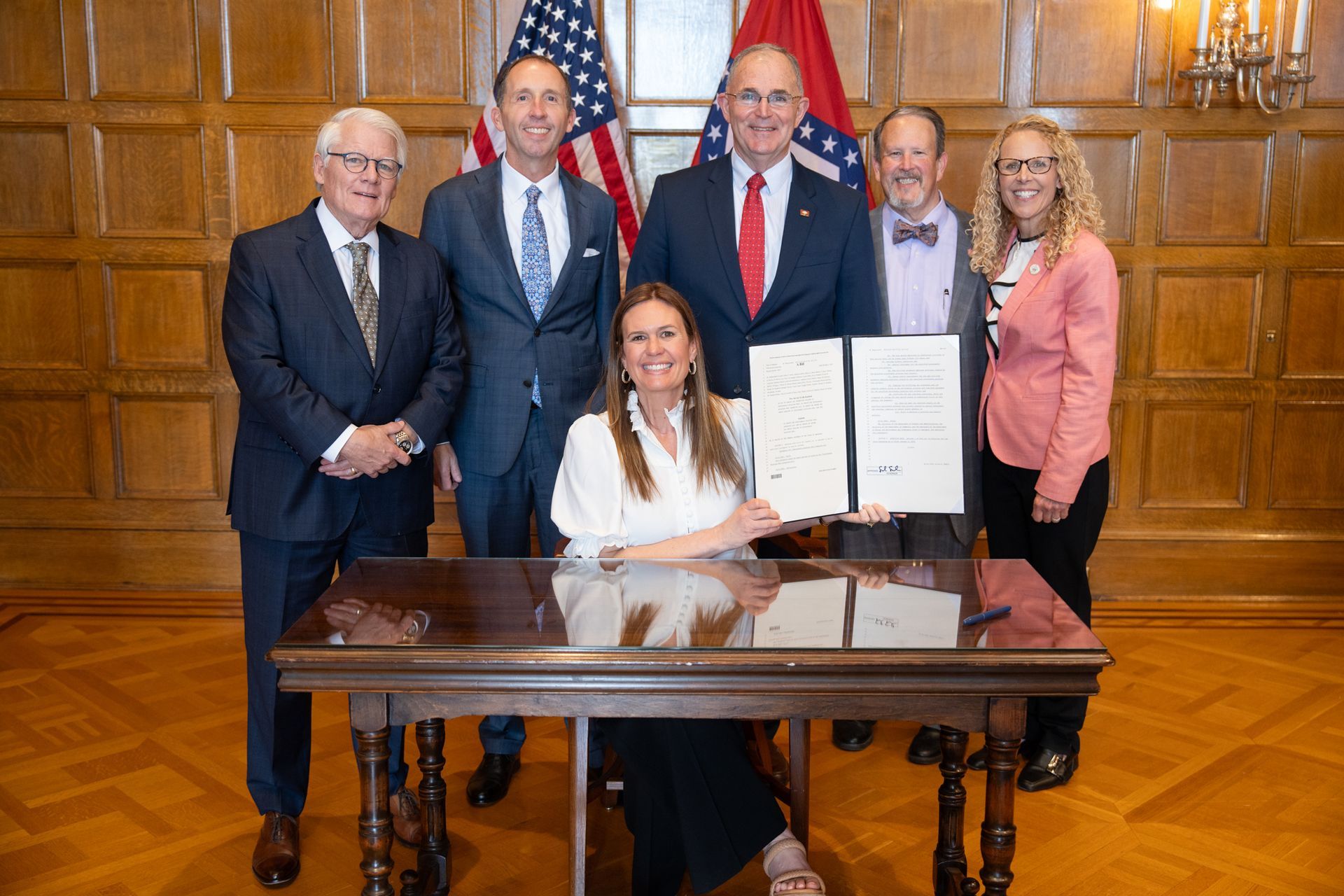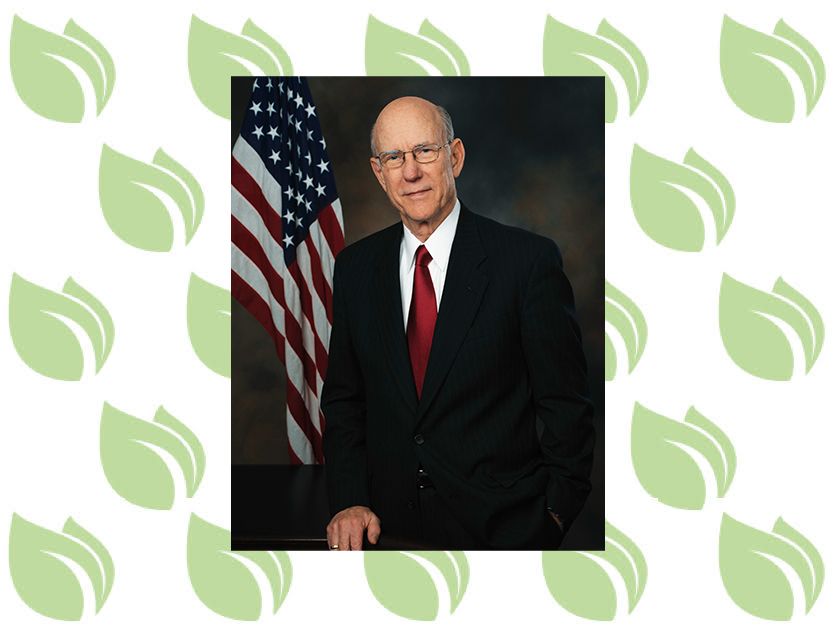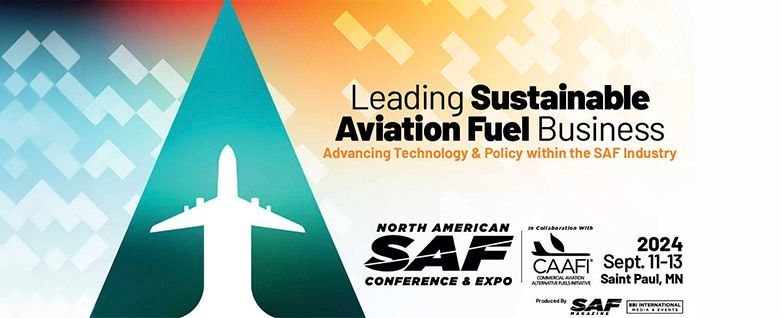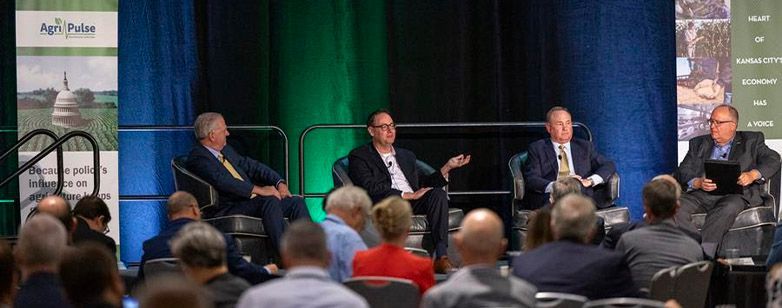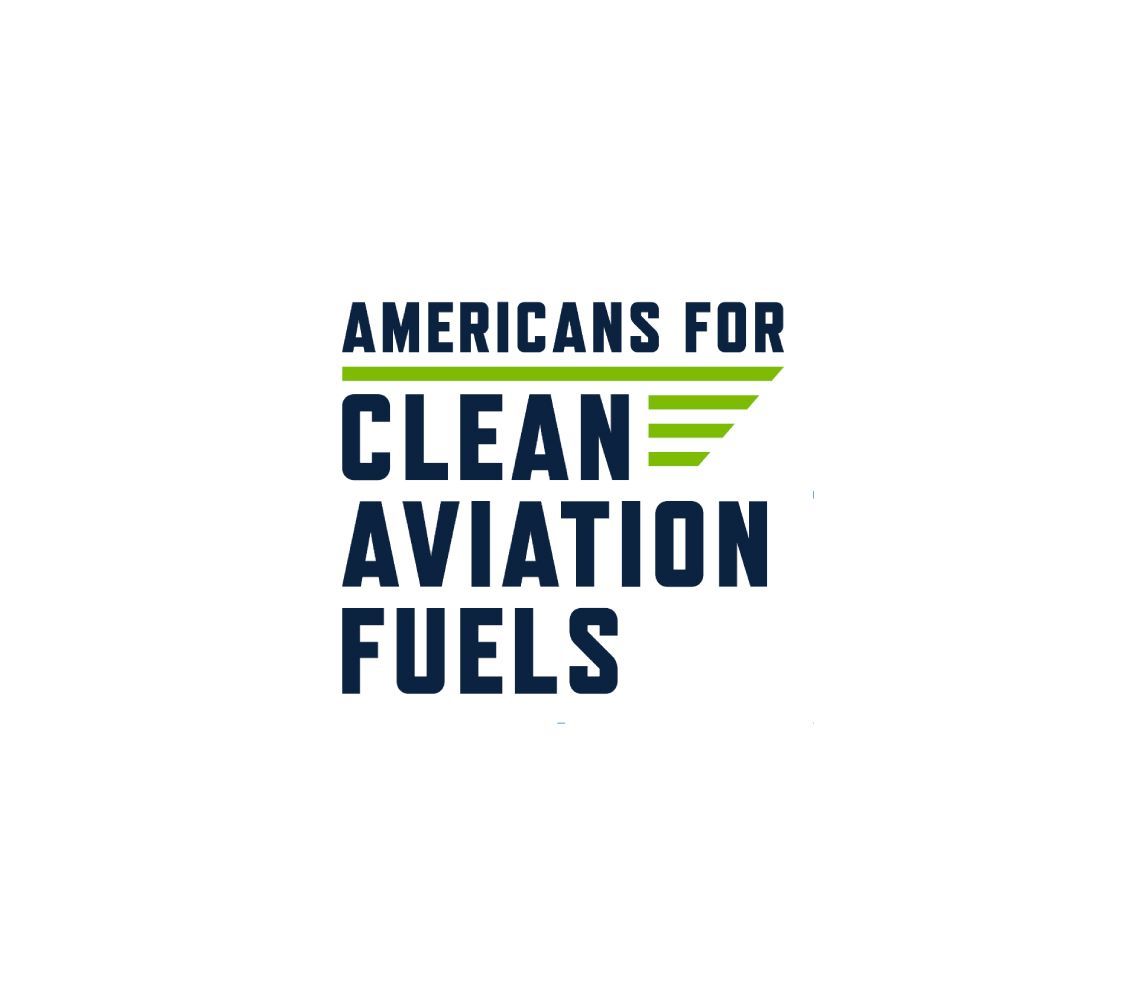ICYMI: AIRLINES FOR AMERICA LEADER CALLS FOR STRONGER SAF POLICY
CSO at Airlines for America writes for The Washington Times, calls for broader tax credits to support a stronger American SAF market
In Case You Missed It: This week, Kevin Welsh, Vice President of Environmental Affairs and Chief Sustainability Officer at Airlines for America (A4A), called for further development of sustainable aviation fuels (SAF), specifically through protecting and extending the 45Z Clean Fuel Production Tax Credit, in a piece released by The Washington Times. He looks to congressional leaders working through the ongoing reconciliation process to cement the necessary policy to establish a more resilient and scalable American SAF market.
“The three-year duration of the current 45Z credit limits its effectiveness in attracting private sector investment, but with a longer duration and other improvements it could lead to a dramatic increase in U.S. SAF production,” Welsh writes. “Through the reconciliation process, Congress can address this gap and put in place a durable credit that will unlock the potential for SAF grown, produced and consumed in the U.S. benefiting America’s farmers and enabling Americans to fly on aviation fuel produced from America’s Heartland.”
A4A and the Americans for Clean Aviation Fuels Coalition (ACAF) both recognize the need for SAF as America looks to build its energy leadership and prepare for a future where domestic energy fuels aviation. ACAF advocates for a fully realized CAF market that would have the potential to create hundreds of thousands of jobs and increase revenues across America’s Heartland, while enhancing national security and solidifying American energy independence. To do this, ACAF brings together the entire CAF value chain, from farmers to producers to airlines, to scale the American CAF economy and highlight the benefits of American biofuels.
Aviation fuel made in America, for America
By: Kevin Welsh
The Washington Times
April 28, 2025
With President Donald Trump’s focus on American energy dominance, increasing U.S. energy production and generation is a top priority of the administration that recognizes the importance of lowering energy prices for families and increasing American economic security.
U.S. airlines understand and support President Trump’s focus on American energy dominance. As one of the most significant and volatile operating costs for airlines, jet fuel is a key element in providing safe, reliable and cost-competitive air travel for more than 2.7 million Americans and transporting 61,000 tons of cargo by air every day.
A promising and growing source of U.S. energy is the production of sustainable aviation fuel (SAF), which is jet fuel derived from renewable sources including waste, oils, fats and agricultural products, among other sources. Already in 2024, reflecting years of government and industry collaboration, over 100 million gallons of SAF were available in the United States, but this amount is still a small fraction [of] the 26-billion-gallon U.S. jet fuel market. As a result, increased SAF production has the potential for significant growth, economic benefits and job creation across the U.S. economy including in the agriculture, energy, transportation and manufacturing sectors.
Achieving significantly increased U.S. SAF production and tapping America’s extensive resources for it, however, will not succeed without effective policies and incentives to catalyze the full potential.
Fortunately, members of Congress in both the House and Senate recognize the potential of SAF and have introduced legislation to support its growth. For example, Rep. Max Miller (R-Ohio), recently reintroduced the “Farm to Fly” Act in the House and Sen. Jerry Moran (R-Kansas) introduced companion legislation in the Senate. These bills would help foster the development of SAF within the confines of existing U.S. Department of Agriculture programs, enabling collaboration between America’s farmers, fuel producers and airlines while also supporting the U.S. energy dominance agenda.
In the near-term, we urge Congress to extend and improve the “45Z” Clean Fuel Production Credit. The three-year duration of the current 45Z credit limits its effectiveness in attracting private sector investment, but with a longer duration and other improvements it could lead to a dramatic increase in U.S. SAF production. Through the reconciliation process, Congress can address this gap and put in place a durable credit that will unlock the potential for SAF grown, produced and consumed in the U.S. benefiting America’s farmers and enabling Americans to fly on aviation fuel produced from America’s heartland.
Aside from Capitol Hill, SAF also has historical support from the Department of Defense. The agency maintains that increased and diverse domestic sources of jet fuel are needed for military purposes, resulting in less reliance from foreign suppliers.
As we look to the future, U.S. airlines and the broader U.S. aviation sector will continue to be global leaders in providing safe and reliable air transportation, while also curbing our emissions and environmental impact. We must not cede America’s leadership role on SAF, and we have a great opportunity ahead to leverage America’s energy resources and technical acumen.
We appreciate the administration’s priority on American energy resources and the support and leadership from members of Congress who are championing the opportunity of SAF.
Kevin Welsh is Airlines for America’s vice president of environmental affairs and chief sustainability officer.
Media Contact:
Mickey Sundermann
mickey@rokksolutions.com
About Americans for Clean Aviation Fuels (ACAF)
ACAF is a dynamic coalition of industry leaders from the aviation, manufacturing, energy, and agriculture sectors, united in their mission to advance the production and adoption of clean aviation fuels. Committed to driving economic growth, reducing emissions, and bolstering national security, ACAF represents a pivotal force in propelling sustainable aviation practices in the U.S. while creating good-paying jobs. For more information about ACAF and to see a list of founding members, please visit www.americansforcleanaviationfuels.com


